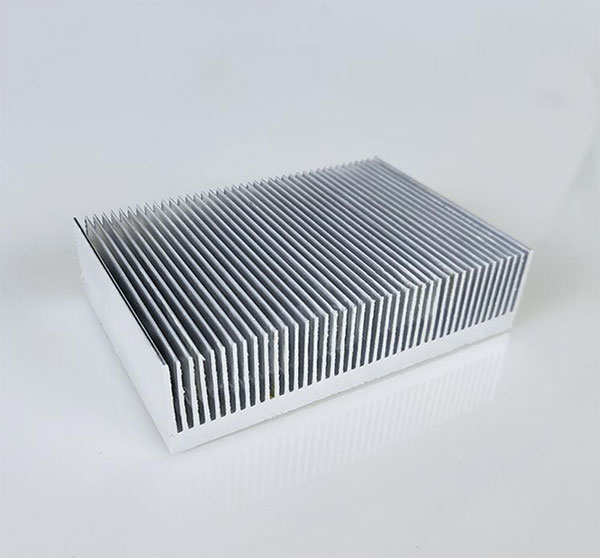Does Aluminum Conduct Electricity
Aluminum's Electrical Conductivity Ranking
Among all metals, aluminum ranks fourth in electrical conductivity, following silver, copper, and gold. This means aluminum's conductivity is quite good. Since silver and gold are precious metals, they are expensive and rarely used in the power industry; thus, copper and aluminum are the most commonly utilized conductive metals.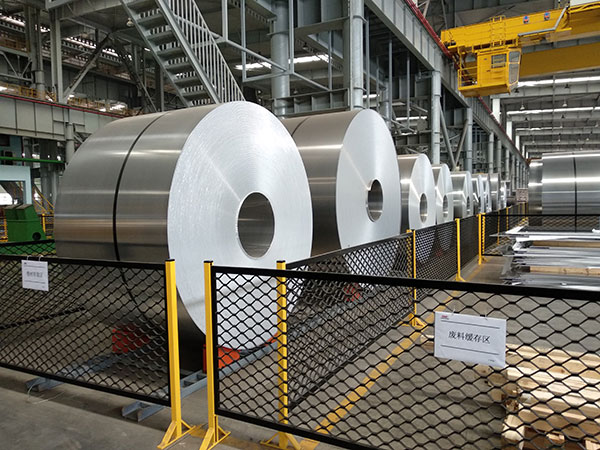
Aluminum's Electrical Conductivity Ranking Among Metals
Aluminum ranks fourth in electrical conductivity among all metals, with the top three being silver, copper, and gold. This indicates that aluminum's conductivity is quite good. Since silver and gold are precious metals, they are very expensive and rarely used in the power industry; thus, copper and aluminum are the most widely utilized conductive metals.
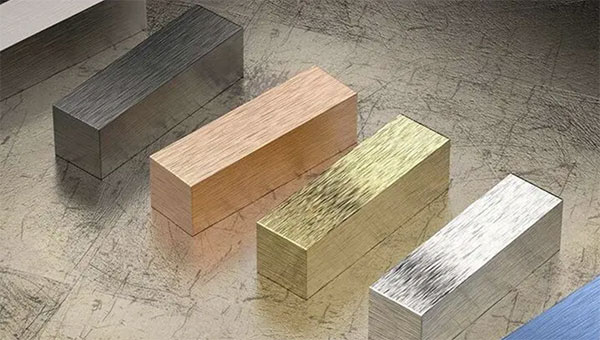
Comparing Copper and Aluminum
Conductivity: Aluminum is about 60% as conductive as copper, making copper a better overall conductor.Price: Aluminum is significantly cheaper than copper, which is one reason it’s widely used in power transmission. For large-scale transmission lines, aluminum is often the preferred choice for cost savings and weight reduction.
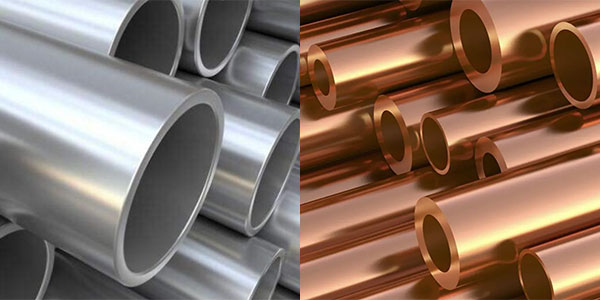
Weight: Aluminum has about one-third the density of copper, making it more suitable for weight-sensitive power equipment applications. While more aluminum is needed to achieve the same conductivity as copper, it remains lighter and more efficient overall.
Processability: Aluminum is softer than copper and has better processability, making it ideal for manufacturing various electrical equipment and components. This ease of processing allows aluminum to be widely used in products such as cables, electrical appliances, and motors.
Applications of Aluminum in the Power Industry
Distribution Cabinets
Aluminum flat bars are commonly used in distribution cabinets as conductive buses, connecting various electrical equipment to create a complete power transmission network.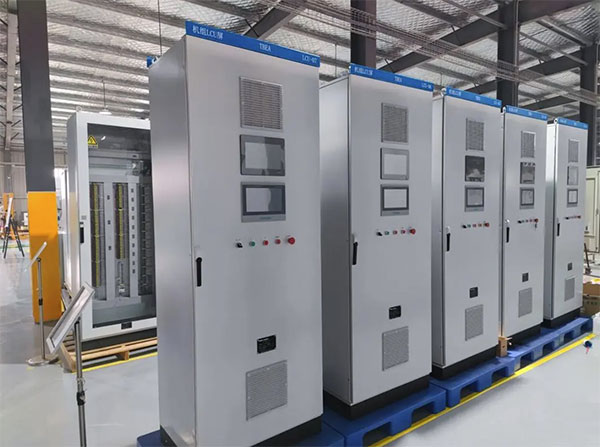
Power Cables
Aluminum alloy cables are prevalent in power transmission and distribution, connecting transmission lines, distribution lines, and various power equipment.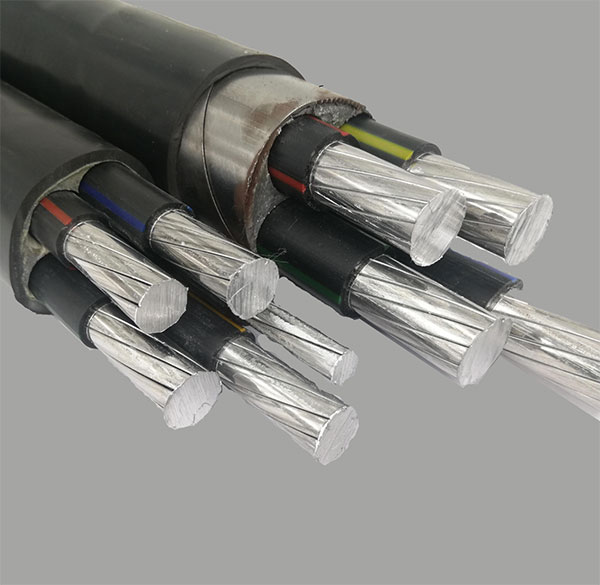
Transformer Housings
Aluminum alloys are frequently used in transformer housings due to their excellent electrical and thermal conductivity. Aluminum housings dissipate heat effectively and are lightweight, making them easy to install and transport.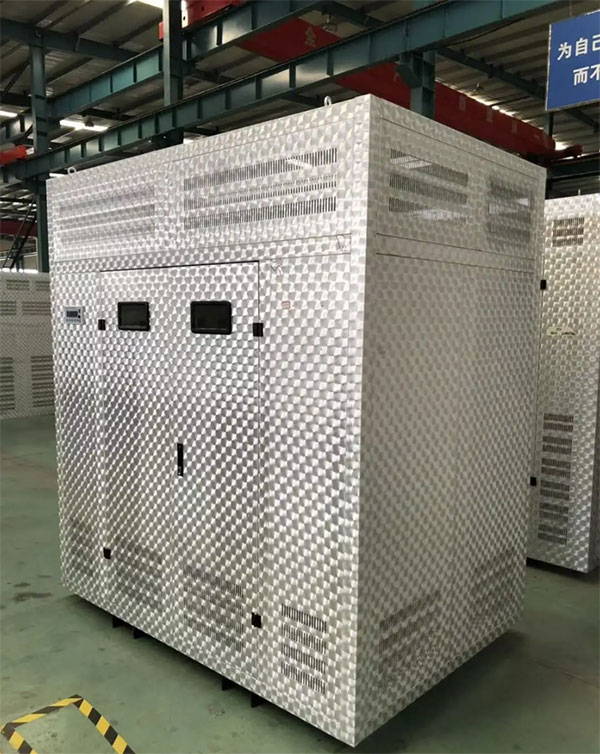
Motor Rotors
Aluminum alloys are ideal for motor rotors because of their low density and good processability. Aluminum rotors significantly reduce the overall weight of motors, improving their efficiency.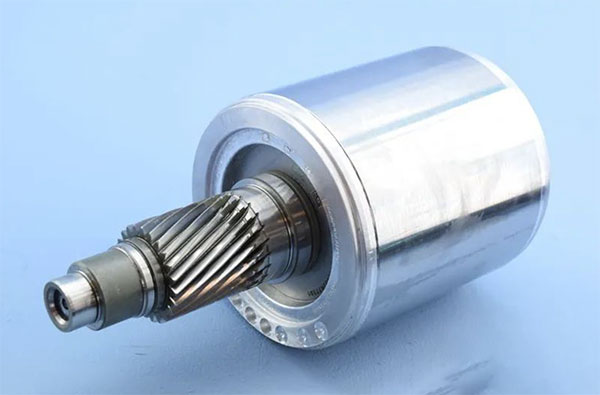
Heat Sinks
Aluminum alloys have excellent thermal conductivity and are often used as heat sinks for electronic equipment. Aluminum heat sinks quickly absorb and conduct heat, ensuring the stable and reliable operation of electronic components.